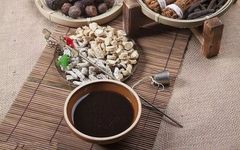Traditional Chinese Medicine (TCM) has various forms such as pills, powders, pastes, and elixirs. With advancements in science and technology, the forms of Chinese herbal medicine are also changing. In addition to decoctions, modern Chinese patent medicines, ready-to-use granules, and powdered herbs are increasingly accepted by many.However, many patients may wonder which form of the same herbal prescription is the most effective. Below, I will clarify this confusion.1. Decoctions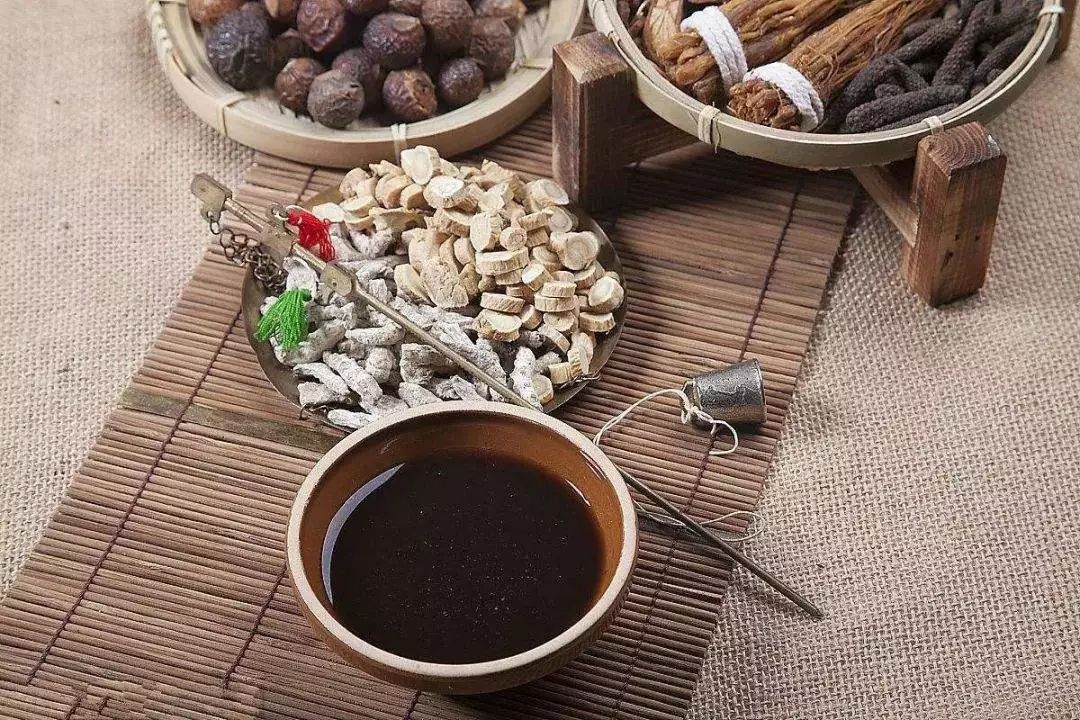 Decoctions are made by boiling various herbs, which undergo chemical reactions through the action of water and fire, maximizing their medicinal effects. For example, in our diet, the taste and nutrition of main dishes, side dishes, and meats are completely different after cooking with water and fire compared to mixing them directly. Similarly, TCM decoctions work in the same way.Advantages: Easy absorption, maximizing medicinal effects.Disadvantages: Preparation is inconvenient. Modern people are very busy, and the process of decocting herbs requires time and patience, generally taking about 2 hours. Some herbs have special requirements for decocting, such as being wrapped or added later, which requires mastering some techniques for decocting herbs, making the process relatively complicated.Therefore, some people find it troublesome and prefer to choose hospital-prepared decoctions or other forms.2. Granules
Decoctions are made by boiling various herbs, which undergo chemical reactions through the action of water and fire, maximizing their medicinal effects. For example, in our diet, the taste and nutrition of main dishes, side dishes, and meats are completely different after cooking with water and fire compared to mixing them directly. Similarly, TCM decoctions work in the same way.Advantages: Easy absorption, maximizing medicinal effects.Disadvantages: Preparation is inconvenient. Modern people are very busy, and the process of decocting herbs requires time and patience, generally taking about 2 hours. Some herbs have special requirements for decocting, such as being wrapped or added later, which requires mastering some techniques for decocting herbs, making the process relatively complicated.Therefore, some people find it troublesome and prefer to choose hospital-prepared decoctions or other forms.2. Granules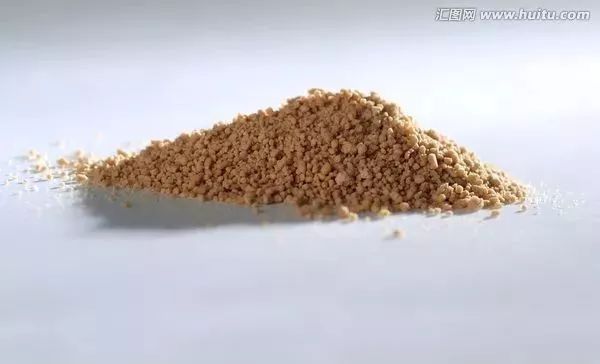 Granules refer to the extract of herbs combined with appropriate excipients or finely powdered herbs to form dry granules or blocks for internal use. They are taken by adding hot water.Granules are a new form developed based on decoctions and syrups. According to incomplete statistics, there are about 200 types of granules available in the country. In Japan, there are nearly 100 types made from ancient formulas.Granules retain the rapid action characteristic of decoctions while overcoming the inconvenience of decocting at the time of use. They are also tasty, small in size, and convenient for taking, storing, and transporting, making them very popular among patients. However, granules are prone to moisture absorption, so packaging and storage must be noted, and they often contain a large amount of sugar, making them relatively expensive.Advantages: Eliminates the decocting process, convenient to carry and take. This is especially convenient for students living on campus, business travelers, and busy office workers.Disadvantages:(1) Quality control of herbs is difficult. Unlike herbal slices, we cannot see the original herbs used in granules. Patients who have been taking TCM for a long time should know that high-quality herbal slices are not cheap. It is still common to mix good and bad herbs, and this is even more pronounced with granules.(2) High cost. The general market price of granules is relatively high, and some granules also have certain difficulties in dissolving, as they require extraction and concentration, which increases production costs. Therefore, compared to traditional decoctions, the market price is still relatively high, which many chronic disease patients are unwilling to choose.(3) Uncertain efficacy. The key to TCM lies in the compatibility of herbs, which, according to modern pharmacology, means that different herbs need to undergo chemical reactions. However, the compatibility of granules is fixed, and after brewing, the targeted efficacy may be reduced.3. Powders
Granules refer to the extract of herbs combined with appropriate excipients or finely powdered herbs to form dry granules or blocks for internal use. They are taken by adding hot water.Granules are a new form developed based on decoctions and syrups. According to incomplete statistics, there are about 200 types of granules available in the country. In Japan, there are nearly 100 types made from ancient formulas.Granules retain the rapid action characteristic of decoctions while overcoming the inconvenience of decocting at the time of use. They are also tasty, small in size, and convenient for taking, storing, and transporting, making them very popular among patients. However, granules are prone to moisture absorption, so packaging and storage must be noted, and they often contain a large amount of sugar, making them relatively expensive.Advantages: Eliminates the decocting process, convenient to carry and take. This is especially convenient for students living on campus, business travelers, and busy office workers.Disadvantages:(1) Quality control of herbs is difficult. Unlike herbal slices, we cannot see the original herbs used in granules. Patients who have been taking TCM for a long time should know that high-quality herbal slices are not cheap. It is still common to mix good and bad herbs, and this is even more pronounced with granules.(2) High cost. The general market price of granules is relatively high, and some granules also have certain difficulties in dissolving, as they require extraction and concentration, which increases production costs. Therefore, compared to traditional decoctions, the market price is still relatively high, which many chronic disease patients are unwilling to choose.(3) Uncertain efficacy. The key to TCM lies in the compatibility of herbs, which, according to modern pharmacology, means that different herbs need to undergo chemical reactions. However, the compatibility of granules is fixed, and after brewing, the targeted efficacy may be reduced.3. Powders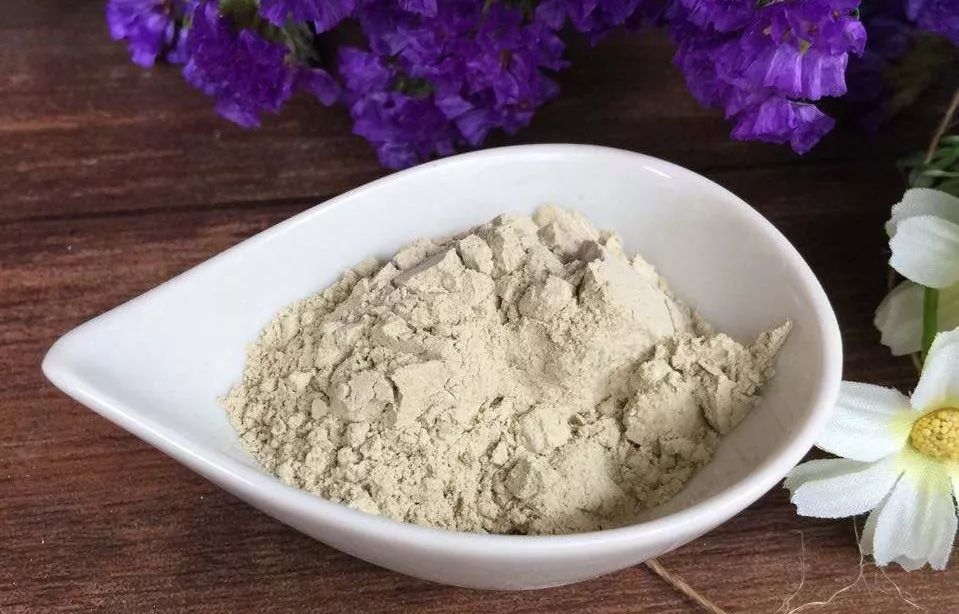 Powders are made by mixing and grinding various herbs, a practice that has existed since ancient times.Advantages: Simple to prepare, and can save on herbs, making them convenient to carry and take.Disadvantages: For internal treatment of diseases, the absorption of powders is not as good as that of decoctions. Moreover, not all herbs are suitable for powdering; for example, some herbs that release exterior pathogens, such as mint (Bohe) and agastache (Huoxiang), rely on their volatility for efficacy, which can be lost when powdered, thus affecting their medicinal effects.Therefore, powdered herbs should be tailored to the specific herb, and it is recommended to prepare and take them fresh to ensure efficacy and prevent spoilage.Powders should be taken with hot water, rice soup, or yellow wine, as different powders have different effects when taken with various liquids. However, it is best not to take them dry.4. Pills
Powders are made by mixing and grinding various herbs, a practice that has existed since ancient times.Advantages: Simple to prepare, and can save on herbs, making them convenient to carry and take.Disadvantages: For internal treatment of diseases, the absorption of powders is not as good as that of decoctions. Moreover, not all herbs are suitable for powdering; for example, some herbs that release exterior pathogens, such as mint (Bohe) and agastache (Huoxiang), rely on their volatility for efficacy, which can be lost when powdered, thus affecting their medicinal effects.Therefore, powdered herbs should be tailored to the specific herb, and it is recommended to prepare and take them fresh to ensure efficacy and prevent spoilage.Powders should be taken with hot water, rice soup, or yellow wine, as different powders have different effects when taken with various liquids. However, it is best not to take them dry.4. Pills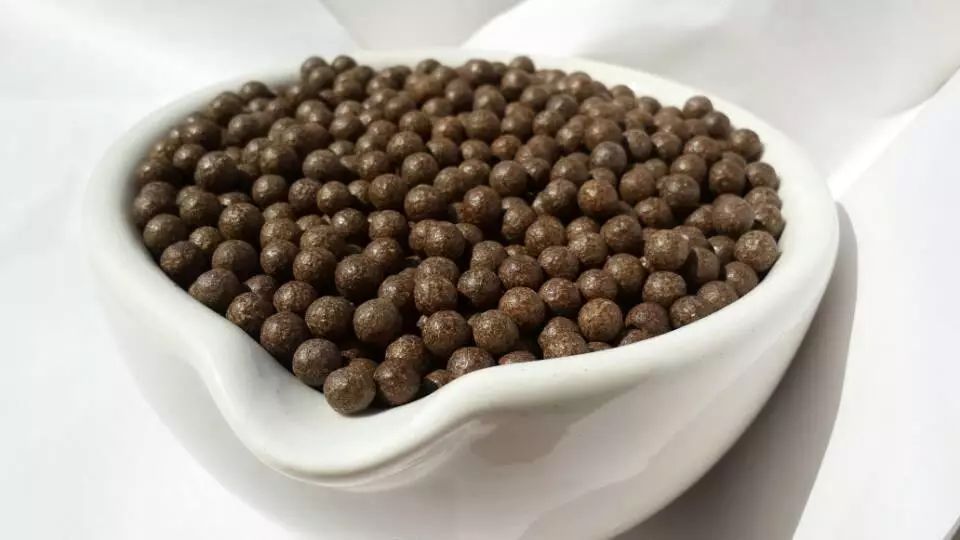 Pills are a widely used form made according to specified herbal formulas, such as Liu Wei Di Huang Wan (Six-Ingredient Rehmannia Pill), Xiao Yao San (Free and Easy Wanderer Powder), and Bu Zhong Yi Qi Wan (Tonify the Middle and Augment the Qi Pill), which are all good examples of Chinese patent medicines.Advantages: Convenient to take, better taste than decoctions, fewer side effects, and easy to carry and store.Disadvantages: Efficacy is not as strong as that of decocted herbs, and patent medicines are generally made from more established herbal formulas, which limits their treatment scope and does not allow for clinical adjustments.Each form of TCM has its advantages and disadvantages, and the existence of each form is reasonable. When consulting TCM, everyone should choose according to their actual situation. If you really do not have time to decoct herbs, ready-to-use granules, powders, and patent medicines can be chosen. For those who can decoct herbs themselves, I still recommend doing so, as this method provides the best efficacy.
Pills are a widely used form made according to specified herbal formulas, such as Liu Wei Di Huang Wan (Six-Ingredient Rehmannia Pill), Xiao Yao San (Free and Easy Wanderer Powder), and Bu Zhong Yi Qi Wan (Tonify the Middle and Augment the Qi Pill), which are all good examples of Chinese patent medicines.Advantages: Convenient to take, better taste than decoctions, fewer side effects, and easy to carry and store.Disadvantages: Efficacy is not as strong as that of decocted herbs, and patent medicines are generally made from more established herbal formulas, which limits their treatment scope and does not allow for clinical adjustments.Each form of TCM has its advantages and disadvantages, and the existence of each form is reasonable. When consulting TCM, everyone should choose according to their actual situation. If you really do not have time to decoct herbs, ready-to-use granules, powders, and patent medicines can be chosen. For those who can decoct herbs themselves, I still recommend doing so, as this method provides the best efficacy.
